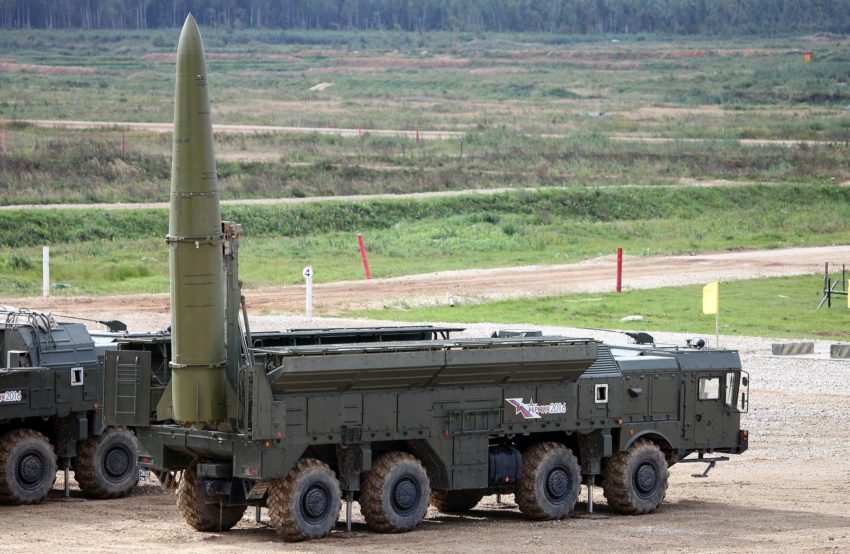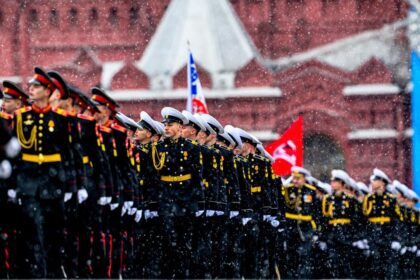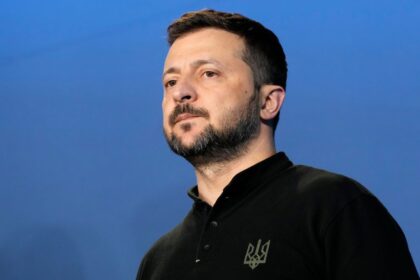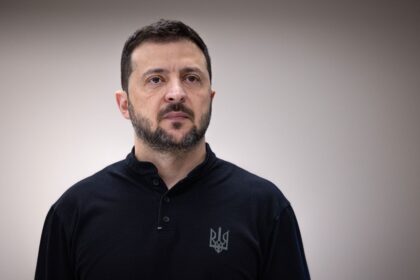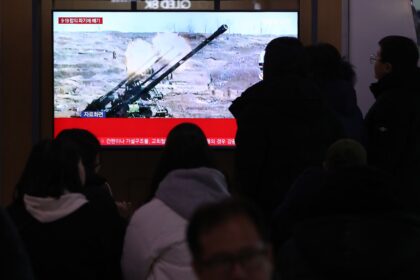**Russia’s Dependence on Foreign-Sourced Missile Components Exposed**
A recent report by the Economic Security Council of Ukraine (ESCU) has shed light on Russia’s reliance on imported components for its Iskander-M ballistic missiles. The analysis, which was released on May 12, reveals that in 2024, Russia sourced all of its missile oxidizer supplies from China and Uzbekistan.
The ESCU report notes that the solid fuel used in the Iskander-M missile contains ammonium perchlorate, an oxidizer that is critically dependent on foreign-sourced sodium chlorate. The Council’s research shows that in 2024, Russia imported 70% of its sodium chlorate from China and 29% from Uzbekistan.
This reliance on imported components has significant implications for Russia’s military capabilities, particularly in light of the country’s ongoing war with Ukraine. On April 4, a Russian Iskander-M missile carrying a cluster warhead struck Kryvyi Rih, killing 21 civilians, including 12 children, and injuring 75 people.
**EU Loopholes and Carbon Fiber Imports**
The ESCU report also highlights Russia’s use of carbon fiber in its Iskander-M missiles. While Russia has some domestic production capabilities, the country imported over $11 million worth of carbon fiber-related goods in the first nine months of 2024. China accounted for 58% of the value and 72% of the tonnage of these imports.
The report notes that while some of these imports fall under restricted EU codes, others do not. Epoxy resin, fiber winding machines, and carbon products are not currently banned, despite being used in missile production.
**Missile Supply Chain Exposed**
Ukraine’s analysis has identified at least nine Russian companies that are importing key missile-related goods. These companies include NORTEX LLC, Nanotechnological Centre of Composites LLC, Intellectual Robotics Systems LLC, NPO Stekloplastik JSC, Mak LLC, AL5-Yug LLC, and Ava-Trade LLC.
These companies have been linked to the supply chain for Russia’s Iskander-M missiles, which are being used to target residential areas and civilian infrastructure in Ukrainian cities. The report calls for sanctions against these companies and their owners, citing their involvement in the production of missile components.
**Commentary**
The ESCU report highlights the significant reliance of Russia’s military on imported components, particularly sodium chlorate and carbon fiber. This dependence has major implications for Russia’s military capabilities and its ability to wage war against Ukraine.
The report also sheds light on EU loopholes that are being exploited by Russian companies to import missile-related goods. These loopholes need to be closed to prevent further exports of these critical components.
**Deeper Analysis**
Russia’s reliance on imported components is a symptom of a larger problem – the country’s failure to develop its own military industrial base. Russia has been struggling to produce high-quality missile components domestically, leading it to rely heavily on imports from China and other countries.
The ESCU report highlights the need for stricter EU sanctions against Russian companies involved in the production and trade of missile-related goods. The international community must take a more proactive role in preventing the export of these critical components to Russia, particularly given its ongoing war with Ukraine.
**Conclusion**
In conclusion, the ESCU report has exposed Russia’s dependence on imported components for its Iskander-M missiles. This reliance has significant implications for Russia’s military capabilities and its ability to wage war against Ukraine. The international community must take a more proactive role in preventing the export of these critical components to Russia and closing EU loopholes that are being exploited by Russian companies.
Read More @ euromaidanpress.com




